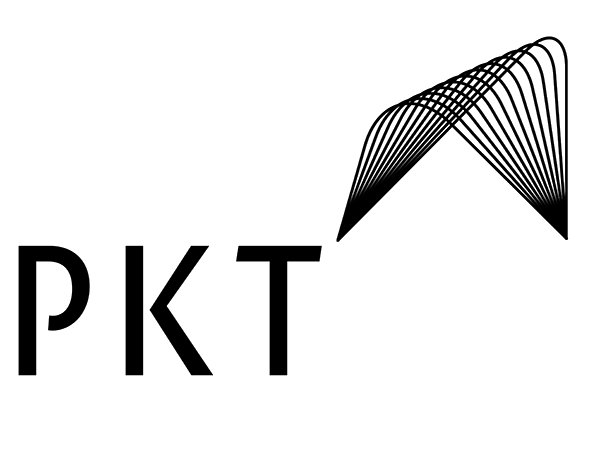
Transforming Leadership: The Impact of Boardroom Education on Corporate Governance
In today’s fast-paced business environment, the necessity for continuous learning and development extends beyond the individual to the highest echelons of corporate leadership. Boardroom education has emerged as a pivotal tool in enhancing the effectiveness of directors and executives, shaping the future of corporate governance through informed decision-making, strategic oversight, and ethical leadership. This blog explores the transformative power of boardroom education, delving into its benefits, key areas of focus, and its profound impact on organisational success.
The Imperative for Boardroom Education
The corporate landscape is constantly evolving, driven by technological advancements, regulatory changes, and shifting societal expectations. This dynamic setting places immense pressure on boards to stay informed and agile, necessitating a deeper understanding of the complexities of modern business. Boardroom education serves as a bridge, equipping leaders with the knowledge and skills needed to navigate these challenges effectively.
Benefits of Boardroom Education
Enhanced Decision-Making: Education programmes tailored for the boardroom provide directors with insights into emerging trends, risk management, and strategic planning, leading to more informed and robust decision-making processes.
Regulatory Compliance and Ethical Governance: With regulations becoming more stringent and the focus on corporate ethics intensifying, boardroom education is critical in ensuring that directors are aware of their legal responsibilities and the ethical implications of their decisions.
Innovation and Sustainability: Courses on innovation, digital transformation, and sustainability prepare boards to lead their organisations towards long-term success, emphasising the importance of adopting forward-thinking strategies.
Improved Board Dynamics: Education fosters a culture of continuous learning within the board, encouraging open dialogue, collaboration, and mutual respect among directors with diverse backgrounds and expertise.
Key Areas of Focus in Boardroom Education
Strategic Leadership: Training programmes often cover strategic leadership development, enabling board members to guide the organisation with a clear vision and a strong strategic direction.
Financial Acumen: A solid understanding of financial metrics and reporting is essential for board members to oversee financial performance and make informed fiscal decisions.
Cybersecurity and Digital Transformation: As cyber threats loom larger and digital transformation reshapes industries, boardroom education on these topics helps directors to address these critical areas effectively.
Corporate Social Responsibility (CSR) and Sustainability: With an increasing emphasis on CSR and sustainability, boardroom education on these subjects ensures that organisations can meet the expectations of stakeholders and contribute positively to society.
Crisis Management: Training in crisis management equips board members with the skills to lead their organisations through turbulent times, maintaining stability and confidence among stakeholders.
The Impact on Organisational Success
The ripple effects of boardroom education on organisational success are profound. Educated boards are better equipped to set a strong strategic direction, foster ethical cultures, and oversee effective risk management practices. This, in turn, leads to enhanced corporate reputation, stakeholder trust, and long-term shareholder value.
Moreover, boardroom education facilitates the adoption of innovative practices and technologies, ensuring that organisations remain competitive in a rapidly changing business landscape. It also promotes diversity and inclusion within the boardroom, leading to a broader range of perspectives and more balanced decision-making.
Embracing the Future of Boardroom Education
As we look to the future, the importance of boardroom education in shaping effective and ethical leaders is undeniable. Organisations must prioritise the continuous development of their boards, investing in tailored education programmes that address the specific needs and challenges of their industry and governance structure.
Virtual learning platforms and custom executive education programmes offer flexible and accessible options for board members to enhance their skills, making it easier than ever for boards to commit to ongoing education.
Conclusion
Boardroom education is not just an investment in individual directors; it’s an investment in the future of the organisation. By fostering informed, strategic, and ethical leadership, boardroom education lays the foundation for corporate success in an uncertain world. As businesses continue to navigate the complexities of the 21st century, the role of educated boards in guiding organisations towards sustainable growth and resilience has never been more critical. In the quest for excellence in corporate governance, the commitment to continuous learning stands as a beacon of progress, innovation, and integrity.
Talk to us about planning your next Management Retreat
Leadership retreats for executives



